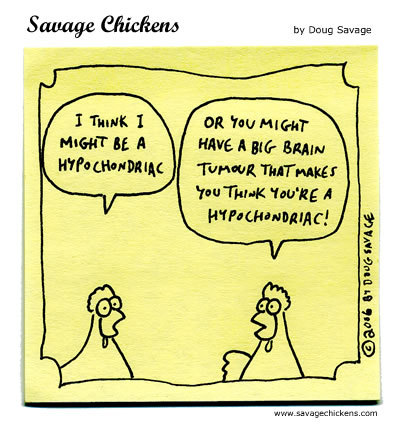We live in the Information Era, where we have all of the knowledge of humanity, breaking news and updates from the lives of others at our fingertips in the form of smartphones and the internet. Thanks to big data, artificial intelligence and algorithms, we even have tailor-made playlists of music and videos delivered directly to us.
But along with convenience came a price. Entertainment is a business of attention. Companies constantly try to better capture our attention in the form of ads, algorithms and simple user interfaces. Our brains – as complex and wonderful they may be – much prefer the easy route than what is good for us. We have unfortunately become victims of those who wish to exploit this fact, to convert our attention and time into revenue.
Because of this, we now have shorter attention spans. Think about it: when is the last time you finished reading a book for leisure? When is the last time you sat and thought deeply about something with no distractions? When is the last time you laid on the ground and stared up at the sky, without checking your phone?
Everything comes to us now in small, bite-sized pieces. We have less tolerance for long pages of text or even videos longer than 5 minutes without being distracted by something else. Many people would have already closed this page, distracted by a notification from their phone or because they could not focus long enough to read 875 words on a page.
Our short attention spans result in us being less productive, less detail-oriented and thinking and feeling less deeply in general. We also engage in “unintentional leisure“, where we passively and mindlessly consume content and waste much more time than we intended. Instead of spending time on our hobbies and interests, our loved ones or productivity and creativity, we end up wasting a lot of time due to our fractured attention.
More importantly, the hallmark of being human is our ability to think. Because we have less attention and we feel like we need to constantly fill our time and attention with something new, we reserve less time to ponder and daydream. Instead of indulging in the luxury of idleness and letting our mind wander to explore the nooks and crannies of our brain and soul, we constantly crave a new distraction.
So how do we fight back and reclaim our attention? As highlighted above, one of the biggest threats is the internet and smartphones. One of the best ways to improve your attention span is to reduce the amount of screen time, by using apps that remind you how much time you’re spending online or on the phone, or specifically setting a blackout period where you do not use your phone for a set amount of time, whether it be an hour or a week. This forces you to engage in other activities such as picking up a book you had been meaning to read, starting a pet project or going on a walk with a friend.
Another tip is to find a passion that can engage your brain. We know from psychology that flow state – the state in which you are challenged and engaged at just the right balance – is one of the keys to happiness, because you can enter “the zone” where you are truly focussed and living the present. By getting involved in an activity such as reading, writing, music, sports, gaming, pottery or journaling, you can help train your brain to focus on a task for a prolonged time. This is particularly easier if you are actively interested in your passion, because you won’t be able to stop thinking about it.
Lastly, like any attempt at positive human behaviour change, you need systems. Determination will only last so long, but systems and habits let you change your life for the better in a permanent way. Use timers, reminders and apps to actively push you to do the above activities. Force yourself to go somewhere without internet access, such as going on a nature walk or going to a cafe with just a notebook, and tell yourself that for that time period, you can only do one thing such as thinking, reading or writing. Even if you do not accomplish much in that time period, it is the habit formation that is the crucial part.
Focussing and attention are the skills that have allowed humanity to progress as a species, letting us achieve monumental tasks such as figuring out how the forces of nature interact, solving global-scale problems, and developing seemingly magical technology such as getting us to the Moon and back. It would be such a shame to lose this wonderful, innate ability just so some company can generate more ad revenue.
Now that you have shown that you can focus on reading 875 words, what is something you want to focus on? Whether it be reading an entire book, starting and finishing a DIY project or starting a healthy habit such as gymming regularly or writing a blog, pick something to focus on and train your attention span.
You will find that life is so much better when you can utilise your time in a meaningful, productive manner.




